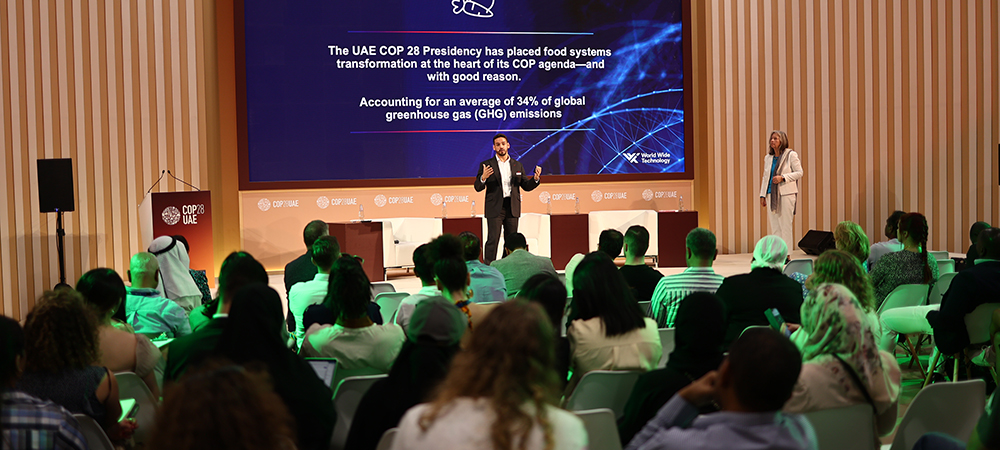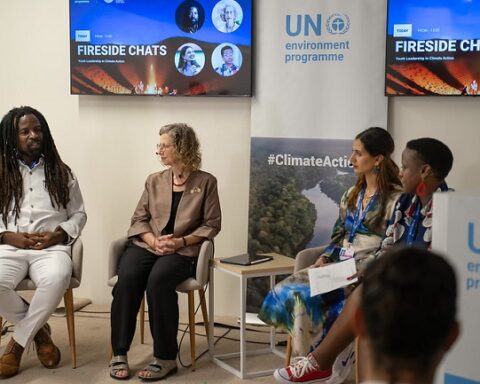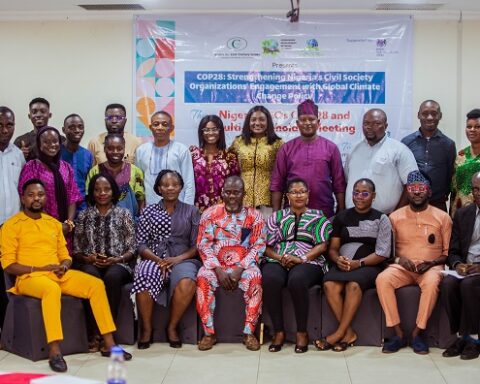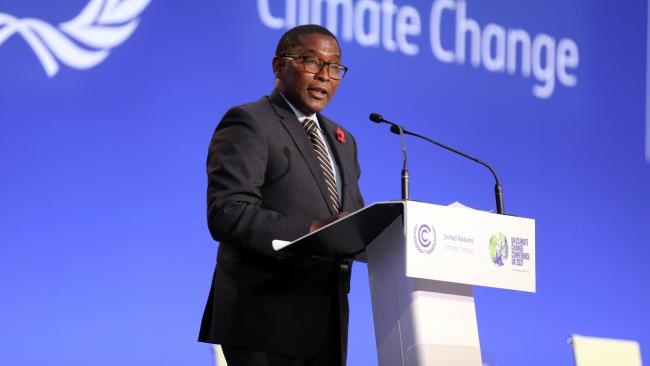The UN Climate Change Technology Executive Committee (TEC), together with Enterprise Neurosystem, a non-profit open-source artificial intelligence (AI) community, has launched the AI Innovation Grand Challenge to identify and support the development of AI-powered solutions for climate action in developing countries.
The launch was part of a COP28 high-level event organized by the UN Climate Change Technology Mechanism in collaboration with the COP28 Presidency.
Speaking at the launch UN Climate Change Executive Secretary Simon Stiell, said the world is seeing increasing evidence that artificial intelligence can prove an invaluable instrument in tackling climate change.
“While we remain mindful of the associated challenges and risks of AI, the Innovation Grand Challenge is a promising step forward in harnessing the power of artificial intelligence and empowering innovators in developing countries,” he said.
In his remarks, the Minister of State for Artificial Intelligence, Digital Economy and Remote Work Applications, United Arab Emirates, H.E. Omar Sultan Al Olama, said: that harnessing artificial intelligence as a strategic asset to mitigate climate change involves integrating it into national policies and plans.
“This integration facilitates the use of data analytics to align policy with real-time climate data, thereby enhancing its efficacy and advancing technological development and scientific discovery in the field of energy.
“These measures and policies should not be viewed in isolation, but rather as a unified global initiative, acknowledging that climate change transcends geographical boundaries and requires concerted global efforts,” he added.
Artificial intelligence is already being used to predict climate patterns and extreme weather events, improve crop yields, reduce water usage, or optimize renewable energy systems.
The COP28 event brought together leaders from governments, the United Nations, development cooperation agencies, and businesses to discuss how AI can be used for transformational climate action in developing nations while ensuring that it does not contribute to widening the digital divide caused by unequal access to technology.
By Dare Akogun








